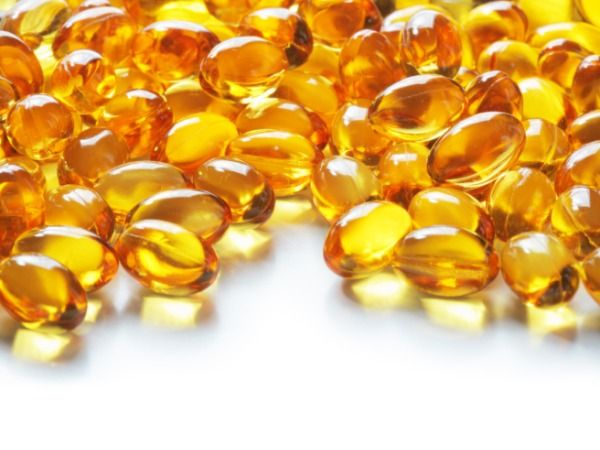Nowadays, a good portion of my face-time with clients and athletes is spent discussing nutritional supplements – which ones work, which don’t. Which ones are safe, which ones may be dangerous. Which ones are clean and which may contain banned substances. Indeed, the more information that’s put out there regarding supplements, the more confused they get.
However, my supplement approach is really simple…and I want to share it with you today. There are 3 basic supplements that all my clients and athletes have on hand – especially when traveling.
- The first is a green food supplement.
- The second is a fish oil supplement.
- The third is a protein supplement.
And these 3 supplements help fill nutritional gaps.
Green food supplement
The recommended fruit and vegetable intake is at least three to five servings per day; however, only 3 percent of men and 7 percent of women meet even these minimums. And that’s where the greens supplements come in.

Fish oil supplement
In addition, the minimum recommended EPA and DHA intake intake is 900mg per day, but the average North American gets only 300mg per day, 1/3 of what’s necessary for good health. For those who don’t know what I’m talking about, EPA and DHA are the healthy fats present only in fish oils. And that’s where fish oil supplements come in.

Protein supplement
Finally, exercising individuals are advised to consume 1g of protein per pound of body weight; nevertheless, most women only get 80 to 100g of protein per day, while most men get only 110 to 130g protein per day. And that’s where the protein supplements come in.

Is it possible to get all 3 nutrients from food? Absolutely. But very few athletes and/or recreational exercisers even come close. So while it’s my goal to help get them up to par, nutritionally speaking, when they’re having a bad nutritional day or they’re on the road and good food is hard to come by, these 3 supplements are a huge help in supporting their intake.
Now, there are about 60,000 supplements and quote-unquote natural food products on the market today. And I’ll be honesty, in special situations, my athletes and clients may use a few more supplements than those above.
But these supplements are only introduced on an individual basis, once a needs analysis is done. What’s a needs analysis? Well, it’s simple. We evaluate the client’s individual needs with respect to health, body comp, and/or performance and then introduce additional supplements only if there’s a specific need.
- After all, why use a testosterone booster (such as tribulus) if your testosterone is already high?
- Why use a fat burner (any fat burner) if your metabolism is already very fast?
- Why use creatine if you have a high creatine intake from food and are already “creatine saturated?”
- Why use a NO2 product for “bigger pumps” when you’re a sport athlete who isn’t training “for the pump” in the first place?
- And why use something to buffer muscle acidity (such as beta alanine or bicarbonates) if you’re not building up high amounts of lactate during your training?
So, in the end, there are really only 3 foundational supplements that athletes should generally consider having on hand – greens, proteins, and fish oils.
Learn more
Want to get in the best shape of your life, and stay that way for good? Check out the following 5-day body transformation courses.
The best part? They're totally free.
To check out the free courses, just click one of the links below.



Share